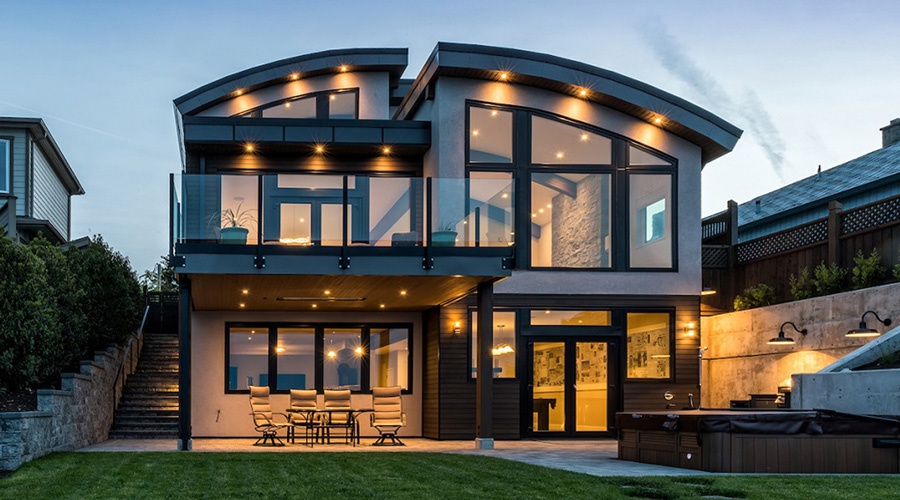We guarantee you the best price on the Quebec market.
Enjoy 12 months with no payments and no interest when you finance your generator purchase.
Certain conditions apply*

450-231-5692

In a world where energy consumption is at the heart of ecological, economic and social concerns, the autonomous energy house is an essential solution for the future.
It is a habitat capable of producing, storing and managing its own energy, thus significantly, or even completely, reducing its dependence on the traditional electrical network. This article explores the key elements for designing, optimizing, and living comfortably in a truly autonomous home.
The cornerstone of an autonomous home is its ability to produce its own renewable energy. This is not limited only to solar photovoltaic panels, although they remain an essential and widely used base. For optimal and reliable autonomy, it is recommended to diversify sources: integrate domestic wind turbines, automatic generators, or hybrid systems combining several technologies.
This diversity makes it possible to effectively mitigate climate variations and to ensure continuous and stable energy production throughout the year, even in variable weather conditions.
Producing energy is not enough; it is also necessary to be able to store it efficiently in order to have it available at any time, even when the sun is not shining or the wind is not blowing. Household batteries play a fundamental role in an autonomous home. They make it possible to preserve the excess energy produced during the day to be released in the evening, at night or during extended periods of no production (cloudy days, winter). Recent innovations in the field of batteries, such as Elios batteries, now offer compact, durable, high-performance solutions adapted to domestic needs, with improved lifespan and better safety.
Reducing energy consumption is also an essential step towards autonomy. The efficient thermal insulation of the building, the choice of low-consumption household appliances, LED lighting and energy-efficient heating systems contribute to considerably limiting energy demand. An autonomous house thus combines production and energy sobriety to maximize its performance while ensuring optimal comfort for its occupants, while minimizing the ecological footprint.
The use of advanced home automation systems makes it possible to manage energy production, storage and consumption in an optimal and automated way. These smart technologies can, for example, automatically adjust the indoor temperature, program battery charging, or even prioritize the use of renewable sources according to real needs and weather forecasts. This fine management makes it possible to improve the overall efficiency and sustainability of the autonomous home, while offering personalized comfort.
Building or adapting a house so that it becomes energy autonomous requires extensive technical expertise and a personalized approach. At ERCO, we offer comprehensive support, ranging from an in-depth energy audit to the installation and maintenance of equipment. We ensure that each solution is perfectly adapted to your home, lifestyle and budget, thus guaranteeing sustainable, reliable and comfortable energy autonomy.